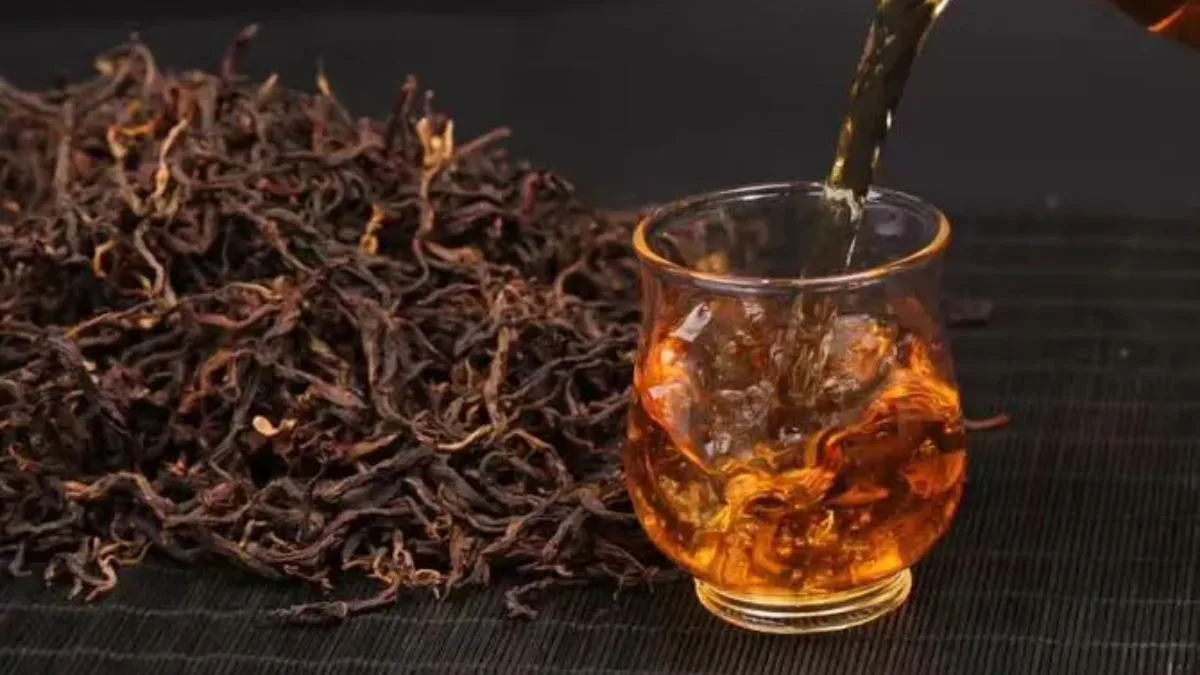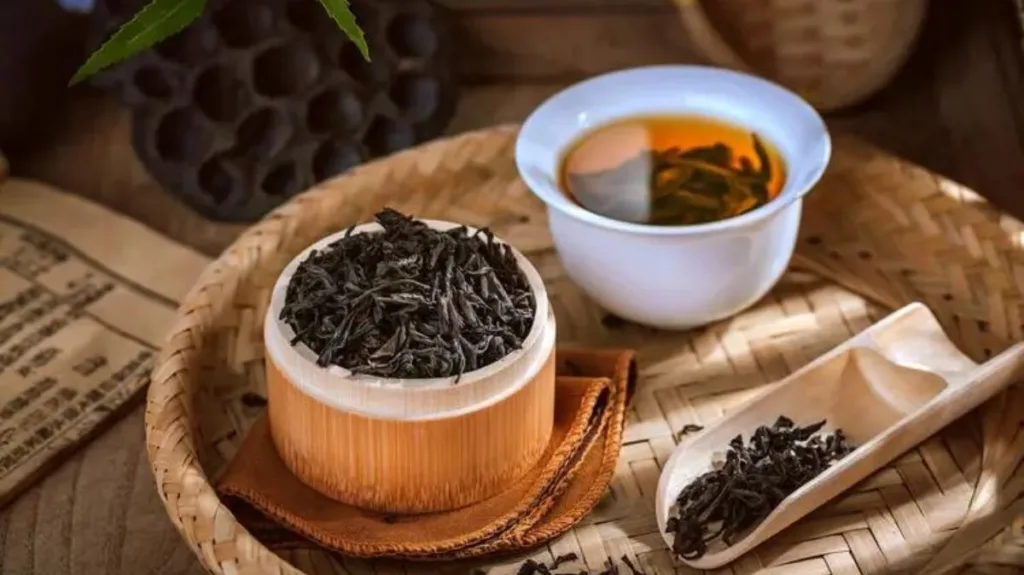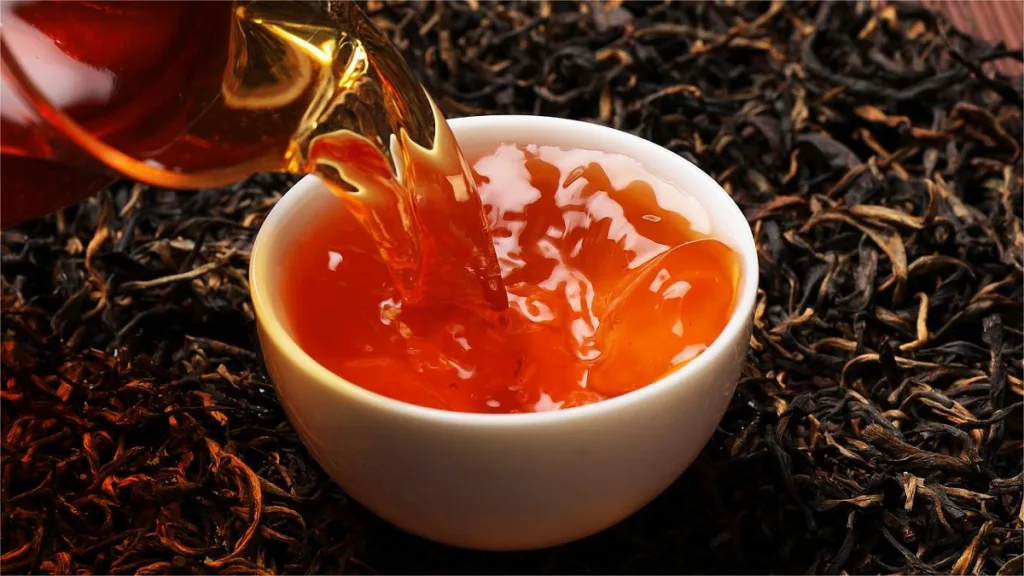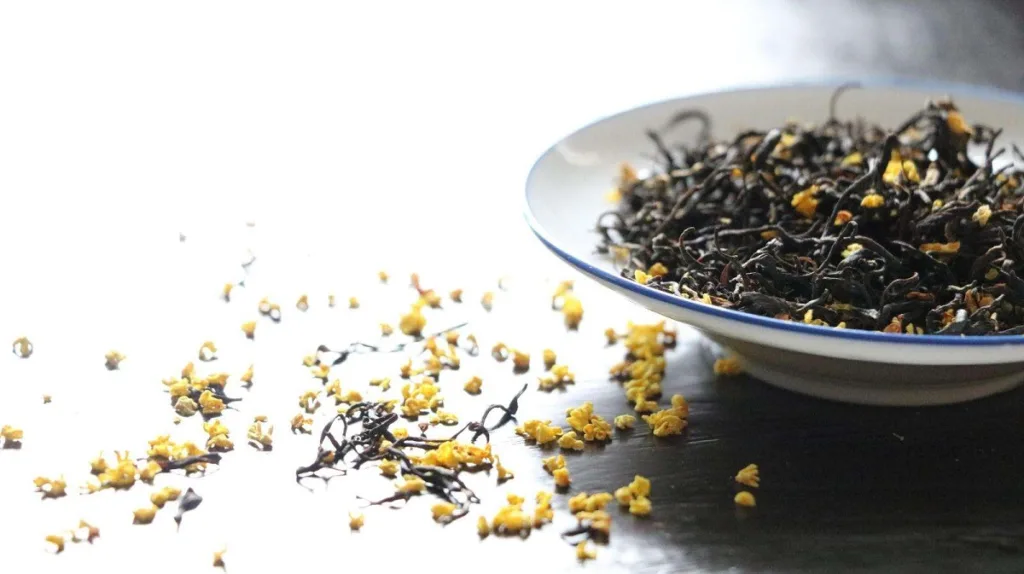Black tea, beloved by many, is a year-round favorite beverage, even in the heat of summer. However, the journey from processing to a delightful cup involves considerations of storage time. Generally, Black tea processed in the first half of the year, known as spring tea, is best enjoyed in the latter half or the following year. But how should one preserve black tea, and does it truly have an expiration date? These are fundamental tea insights every enthusiast should grasp.
1. Understanding the “Shelf Life” of Tea
Concerns about shelf life often revolve around food, and there’s a humorous anecdote that resonates with many – a person rushing to make instant noodles at 11:50 PM because the expiration date is midnight. While it’s a joke, it reflects a sensitivity to expiration dates. Does this apply to tea, especially black tea?
When it comes to tea, there are two aspects to consider regarding shelf life:
a) Regulatory Requirements: All tea products fall under the category of food items and are obligated to have a specified “shelf life” according to regulations. Regardless of claims about the aging process improving the flavor, reputable tea manufacturers must provide a shelf life indication as per national standards.
b) “Shelf Life” vs. Optimal Enjoyment: Beyond the regulatory aspect, the “shelf life” of tea is more about the “optimal drinking period.” Just because a tea has surpassed its designated shelf life doesn’t mean it has gone bad. Many teas, even after this period, retain quality or may develop improved flavors.
Tea undergoes constant changes from harvesting to the final product, with each type possessing unique characteristics. While some, like aged pu-erh or black tea, might improve with time, others, like green or oolong teas, are best consumed within the indicated shelf life.
2. The Shelf Life of Black Tea
Unlike pu-erh or aged black teas, black tea doesn’t age as gracefully and usually has a shelf life of 2-3 years, depending on the variety, grade, and packaging.
The distinctive characteristics of black tea, such as its floral and sweet notes, diminish over time. While it might still be drinkable after the indicated period, the aromatic compounds transform, resulting in a less vibrant experience.
3. Proper Storage of Black Tea
a) Storage Containers: Using food-grade aluminum foil bags or leather bags for tea, sealed tightly, is a practical storage method. Opt for bags with high density and strength. Alternatively, clean, odor-free, airtight stainless steel or tin cans are suitable.
b) Sealing is Key: Regardless of packaging, it’s crucial to seal tea tightly after each use to prevent flavor loss or absorption of unwanted odors.
c) Ideal Storage Environment: Similar to other teas, black tea thrives in a clean, moisture-free, dark, and odorless environment. Room temperature is generally suitable.
d) Time Matters: While proper storage can extend the life of tea, the ultimate purpose of tea is consumption. Even well-stored black tea should ideally be enjoyed within 3-5 years. Purchase and consume your favorite black teas in a timely manner, aligning with your daily tea-drinking routine.
In conclusion, the expiration of black tea is not a rigid concept but rather a guideline for optimal enjoyment. Proper storage practices can maintain its quality, but ultimately, the joy of tea lies in savoring it within an appropriate timeframe. So, whether you are a seasoned tea connoisseur or a casual enthusiast, understanding the nuances of black tea’s shelf life enhances the tea-drinking experience.



